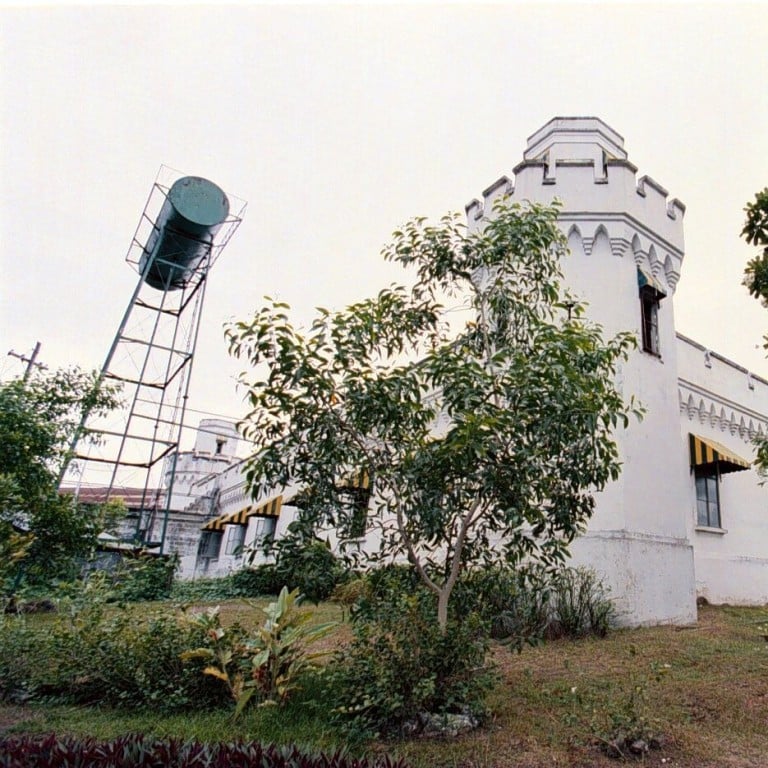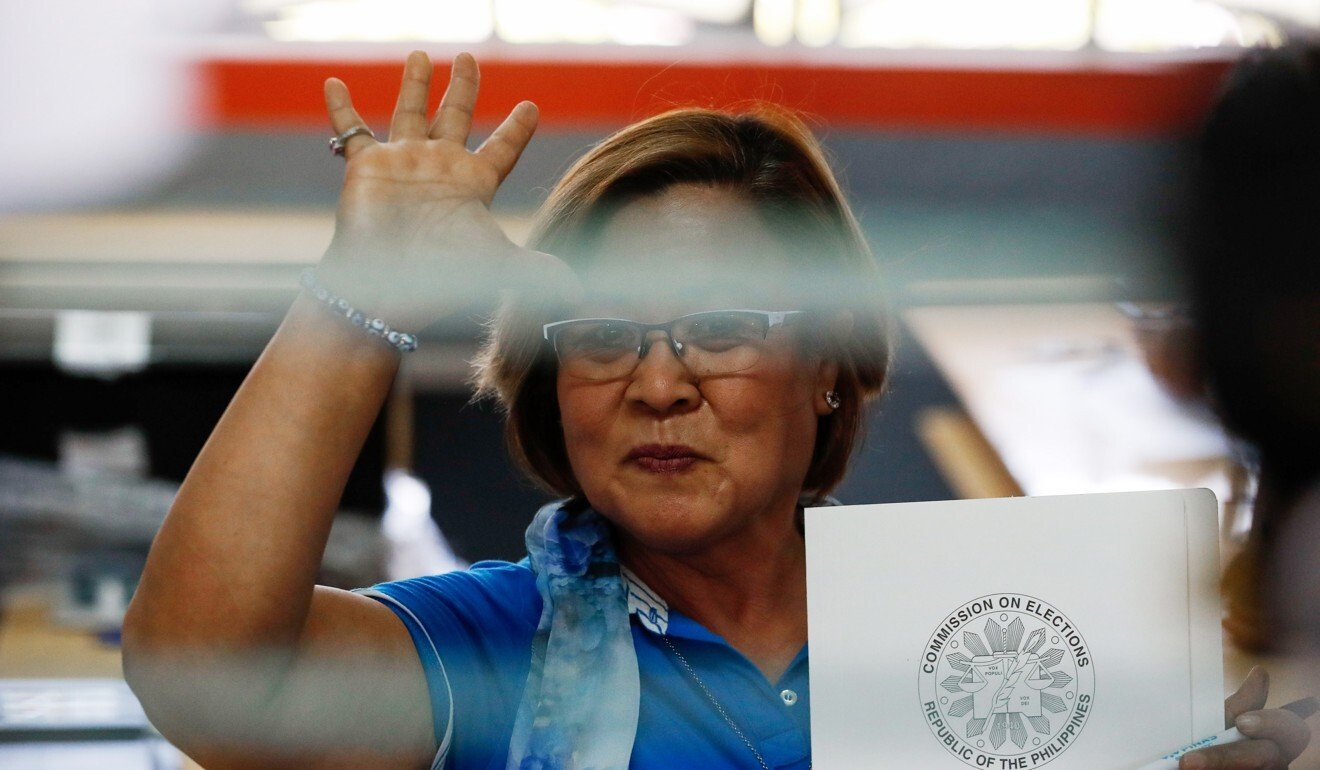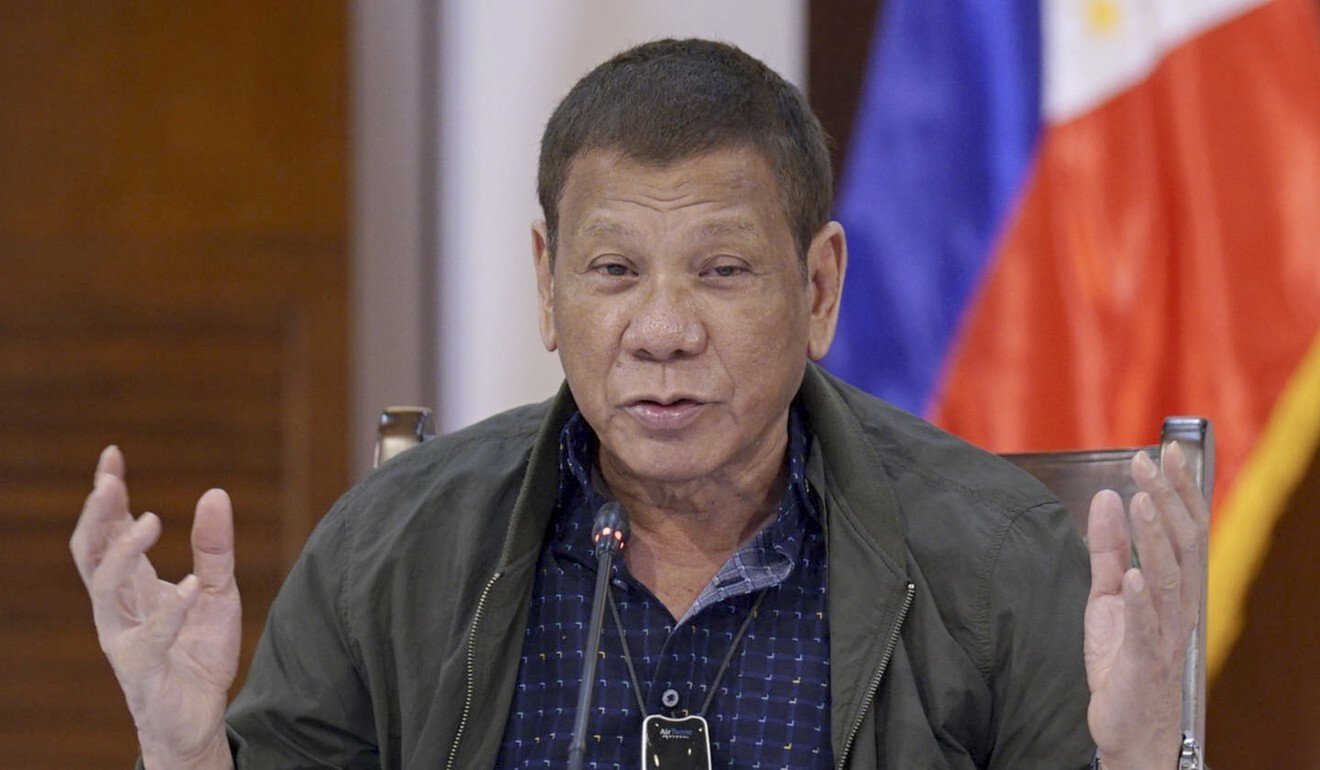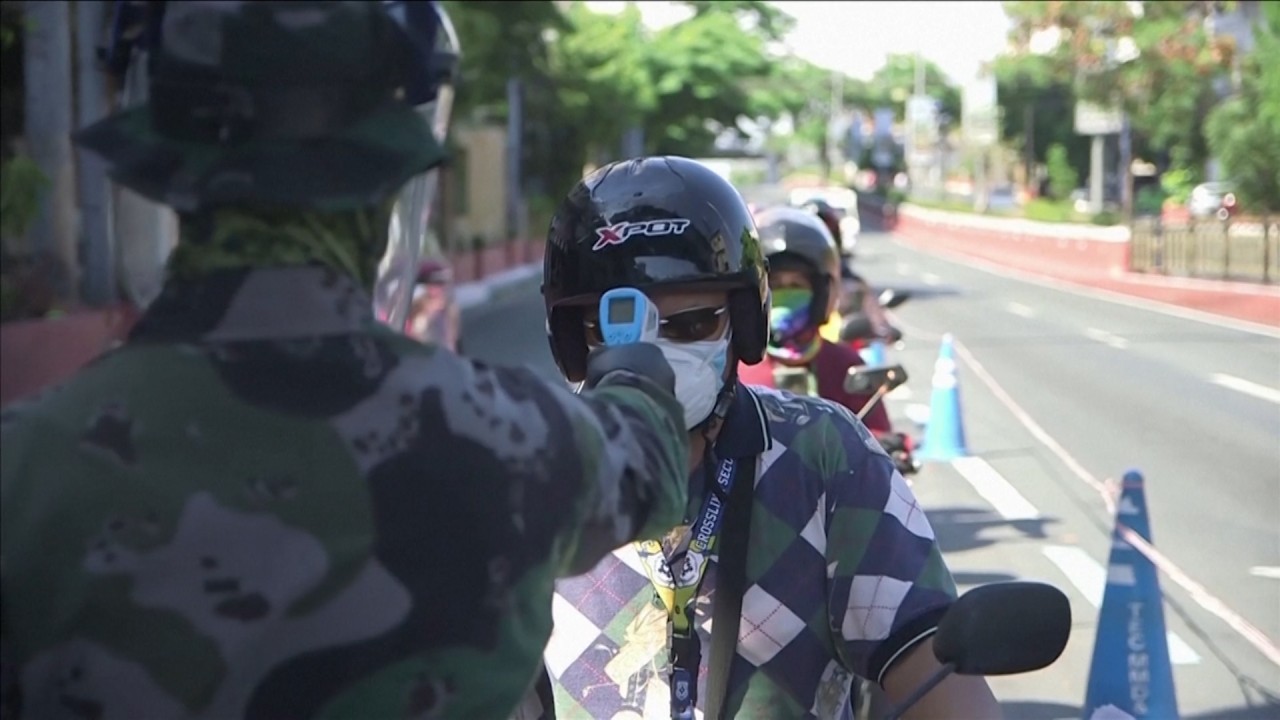
Doubts over Philippine drug lords’ deaths from coronavirus while in prison fuel calls for investigation
- Senate president wants a probe into the deaths of high-profile prisoners including Jaybee Sebastian, a witness against opposition leader Leila De Lima
- Bodies were cremated without autopsies, fuelling rumours the dead men may have been ‘resurrected’ in the outside world with new identities
The circumstances of the deaths, with remains being cremated without autopsies, have fuelled claims on social media of foul play. The prison has been hit by numerous scandals in which powerful prisoners, with the help of corrupt officials, continue to run crime syndicates from jail.

According to a death certificate obtained by CNN Philippines, the witness against De Lima, 40-year-old Jaybee Sebastian, died on Saturday of “acute myocardial infarction” and his body was immediately cremated. The news network reported his heart condition was linked to Covid-19. Several publications ran a photo of a clear box containing a plastic bag of Sebastian’s ashes.
“There are compelling reasons” to investigate, Senator Vicente Sotto III told the South China Morning Post on Monday. “For one, why no autopsies? Were the relatives informed? What do the death certificates say? Many other unanswered questions.”
Sotto’s motion to investigate quoted a “ranking police official” as saying “[the Bureau of Corrections] could just have replaced the body [with that of another inmate]. How would we know? There were no fingerprints”.
A spokesperson for the bureau told GMA News that 19 inmates of the prison had died and 343 had been infected by Covid-19 as of Monday.
The bureau’s director general Gerald Bantag refused to give any information about the deaths. He said “as much as we want to inform the public with respect to the names of [prisoners] who died due to Covid-19, the data privacy act prohibits us from doing so”.
The Philippine Star quoted Justice Secretary Menardo Guevarra as saying he had summoned Bantag to explain the bureau’s procedures.
A convicted drug lord, kidnapper and car thief, Sebastian had testified in a congressional hearing in 2016 that as a high-profile prisoner at New Bilibid he had been asked to give at least 70 million pesos to De Lima – who was the justice secretary at the time – to help fund her campaign to run for the senate.

A court ordered her arrest in 2017 and she has been imprisoned without bail while her trial proceeds.
Philip Sawali, De Lima’s chief of staff, said Sebastian had not yet testified in court or been cross-examined.
Guevarra downplayed the loss of the witness, telling journalists the prosecution had “an array of witnesses” against De Lima and many of them had already testified in court.
But during the 2016 congressional hearings, then justice secretary Vitaliano Aguirre had said Sebastian was a “powerful” prisoner in maximum security and that his testimony would establish how he had collected election campaign funds from other inmates to give to De Lima through her aide and that he had personally met De Lima “eight to 12 times”.
Sawali said: “Your guess is as good as ours on the possibility of these supposedly ‘dead’ drug lords resurrecting in the outside world as free men with new identities. We won’t put it beyond this government’s capability.”

02:23
Philippines extends lockdowns to fight coronavirus, but modifies terms to revive the economy
In his resolution moving for an investigation, Sotto said “due to unclear, inaccurate, and unverified reports, speculations are now being made as to whether or not these inmates actually died due to Covid-19”.
Sawali said “the trouble with this kind of government is that corruption has no limits, several high profile drug lords have been reported to have died since March, but we did not see their bodies – they were immediately cremated, supposedly”.
In 2016, The Telegraph newspaper in Britain called the Philippines “the global leader” for faked deaths, reporting that for a few hundred pounds it was possible to buy “death kits” with documents certifying the “death” of the buyer.
American author Elizabeth Greenwood, who wrote a book about the practice of faking deaths, called the Philippines “a hotbed for the kind of theatrical death fraud that involves false corpses”.
As part of her book, she went to the Philippines to fake her own death, obtaining certificates which said she had “died” in a “traffic accident”.

